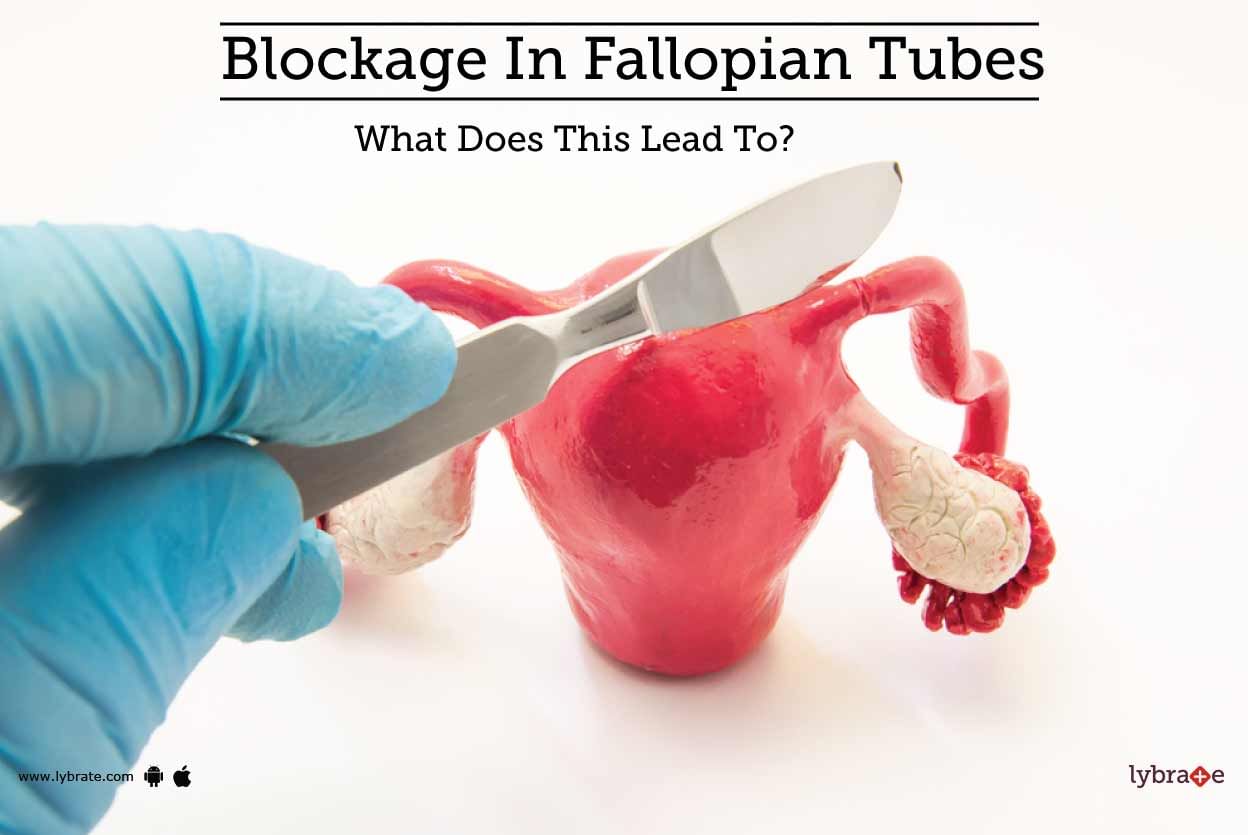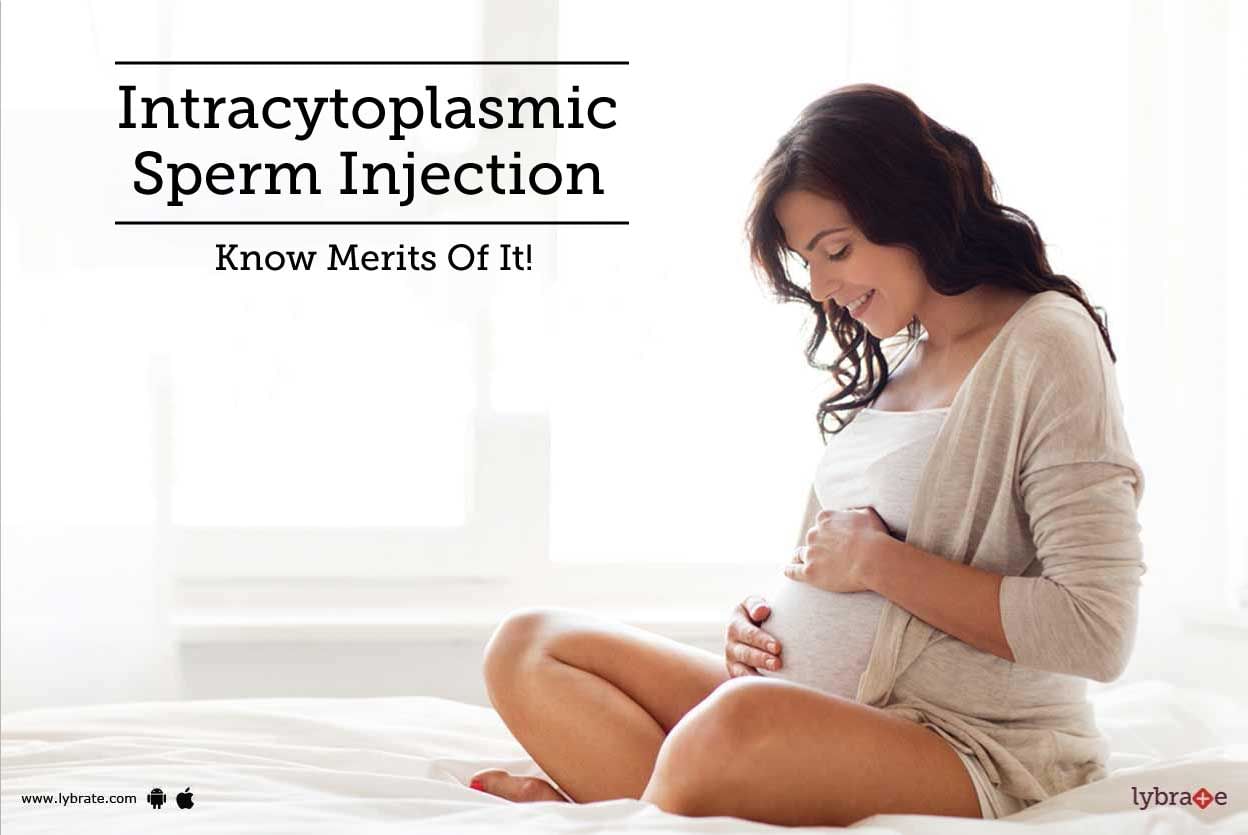Get the App
For Doctors
Login/Sign-up
Health Feed
Find Doctors
Health Packages
AllQ&AsTipsQuizzes
Endometrial Receptivity Assay Tips
Last Updated: 6 years ago• Featured Tip
Share
Bookmark
Report
It's said that blocked fallopian tubes is the most common cause of female infertility in about 40% women who are infertile. Fallopian tubes are channels through which the egg travels to reach the uterus and blockage of these tubes can put a stop to this from taking place. Depending on the different parts of the tubes, this form of blockage is of several types.
What are the different types of fallopian tube blockages?
1.Proximal tubal occlusion
This form of fallopian tube bl...more
What are the different types of fallopian tube blockages?
1.Proximal tubal occlusion
This form of fallopian tube bl...more
Last Updated: 6 years ago• Featured Tip
Share
Bookmark
Report
Most couples who get married intend to go the family route sooner or later. However, for those who have been trying sexual intercourse for more than 6 months without any contraceptive aids and still have not succeeded in having a baby, the underlying cause may be infertility in one or both partners. Infertility affects up to 15% of couples trying to conceive and have a baby.
Infertility, in medical terms, refers to a person s biological inability to contribute to conception. There are m...more
Infertility, in medical terms, refers to a person s biological inability to contribute to conception. There are m...more
Last Updated: 6 years ago• Featured Tip
Share
Bookmark
Report
If you are having problems conceiving, you are not alone; around one in seven couples has difficulty.
Infertility is often thought of as a female concern, but in fact, in a third of the cases, it is because of male problems, such as a low sperm count.
Male infertility is a condition wherein a man is unable to cause a successful pregnancy in a perfectly fertile woman. Male infertility usually stems from deficiencies in the semen (relating to poor sperm count or low sperm motilit...more
Infertility is often thought of as a female concern, but in fact, in a third of the cases, it is because of male problems, such as a low sperm count.
Male infertility is a condition wherein a man is unable to cause a successful pregnancy in a perfectly fertile woman. Male infertility usually stems from deficiencies in the semen (relating to poor sperm count or low sperm motilit...more
Last Updated: 6 years ago• Featured Tip
Share
Bookmark
Report
Uterine Fibroid Embolization (UFE) is also known as Uterine Artery Embolization (UAE). It is a minimally invasive treatment method for the fibroid tumors or myomas of the uterus. Fibroid tumors are benign in nature, arising from muscular wall of the uterus, and rarely turn cancerous. Generally, they cause pressure on bowel or bladder, heavy menstrual bleeding, and pelvic region pain.
In the UFE, X-ray camera called fluoroscope is used to guide to uterus and fibroids. The delivery of sma...more
In the UFE, X-ray camera called fluoroscope is used to guide to uterus and fibroids. The delivery of sma...more
Last Updated: 6 years ago• Featured Tip
Share
Bookmark
Report
It's said that blocked fallopian tubes are the most common cause of female infertility in about 40% of women who are infertile. Fallopian tubes are channels through which the egg travels to reach the uterus and blockage of these tubes can put a stop to this from taking place. Depending on the different parts of the tubes, this form of blockage is of several types.
What are the different types of fallopian tube blockages?
1. Proximal tubal occlusion-
This form of fallopian tube b...more
What are the different types of fallopian tube blockages?
1. Proximal tubal occlusion-
This form of fallopian tube b...more
Last Updated: 6 years ago• Featured Tip
Share
Bookmark
Report
What is a hysterectomy? This is a surgery that is used to remove the ovaries or even the uterus. This surgery is usually conducted in order to deal with the extreme conditions that may be caused by the severe onset of various conditions related to the reproductive system of women. Read on to find out why this surgery carried out and what are the after effects?
Causes: This surgery can be carried out for a variety of reasons. One of the main reason is the manifestation of uterine fibroid...more
Causes: This surgery can be carried out for a variety of reasons. One of the main reason is the manifestation of uterine fibroid...more
Last Updated: 6 years ago• Featured Tip
Share
Bookmark
Report
Fibroid tumour is the abnormal cell growth in the uterus and they are mostly benign. Fibroids usually affect women in the age bracket of 30 - 40. Fibroid tumours are of three types, depending on their location:
Submucosal fibroids: The tumour develops under the lining of the uterus
Intramural fibroids: The growth is found amongst the muscles in the wall of the uterus
Subserosal fibroids: The growth develops on the wall of the uterus right in the pelvic cavity
Causes behind i...more
Submucosal fibroids: The tumour develops under the lining of the uterus
Intramural fibroids: The growth is found amongst the muscles in the wall of the uterus
Subserosal fibroids: The growth develops on the wall of the uterus right in the pelvic cavity
Causes behind i...more
Last Updated: 6 years ago• Featured Tip
Share
Bookmark
Report
Uterine fibroids, also referred to as uterine myomas) are non-cancerous tumors that grow within the muscle tissue of the uterus. As many as 20% to 50% women between the age group of 18 to 40 suffer from the condition, but not all cases warrant treatment.
It may be as tiny as a coin or it may grow to the size of a watermelon, making people think the lady is 6/7 months pregnant! There may be one big fibroid or several small ones.
Causes:
Though the exact causes are not know...more
It may be as tiny as a coin or it may grow to the size of a watermelon, making people think the lady is 6/7 months pregnant! There may be one big fibroid or several small ones.
Causes:
Though the exact causes are not know...more
Last Updated: 6 years ago• Featured Tip
Share
Bookmark
Report
Intracytoplasmic Sperm Injection i.e. ICSI is different from conventional IVF i.e. In Vitro Fertilization because a single sperm is selected by the embryologist to be injected by a needle into the egg rather than a dish with many sperms placed near the egg so that the fastest swimming sperm enters it. Once the sperm is injected directly into the egg, it fertilizes, after which the embryo is transferred into the womb or uterus.
Your doctor might recommend ICSI treatment for you if you h...more
Your doctor might recommend ICSI treatment for you if you h...more
Last Updated: 6 years ago• Featured Tip
Share
Bookmark
Report
The pooling blood around the testicle increases the pressure, which may cause shrinkage. Infertility is another strong possibility for those who don't get varicocele treatment. Untreated varicoceles of large veins can cause overheating. That, in turn, affects the number, mobility, and quality of the sperm.
Book appointment with top doctors for Endometrial Receptivity Assay treatment
View fees, clinic timings and reviews
Ask a free question
Get FREE multiple opinions from Doctors
posted anonymously




















